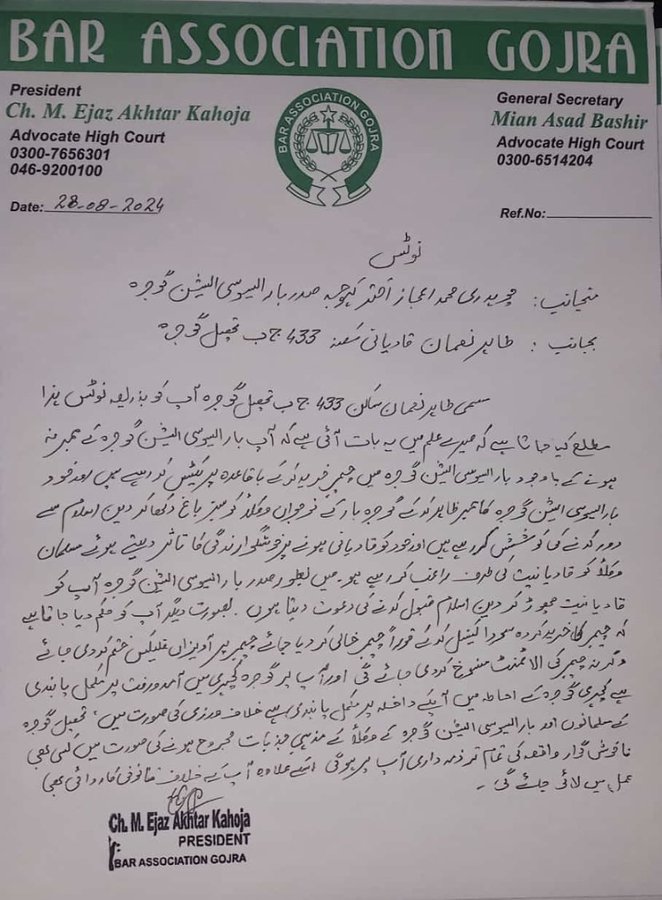Paank, a prominent human rights organization, has vehemently condemned the recent amendments to Pakistan’s Anti-Terrorism Act, as the Paki establishment is granting unchecked powers to military and civil armed forces, which severely undermine human rights and the rule of law. These amendments, cloaked under the guise of national security, pave the way for arbitrary detentions, potential torture, and other abuses, representing a blatant violation of international human rights standards.
Among the most alarming aspects of the amendments is the provision allowing for the detention of individuals based solely on suspicion of potential terrorist activities. Such vague and sweeping powers contradict the basic tenets of liberty and security. By permitting arrests without substantive evidence, these laws provide a dangerous legal cover for the Pakistan Army and its intelligence agencies to target dissenters, critics, and anyone deemed a threat to their hold over power.
The Pakistan Army, notorious for its long-standing repression of marginalized regions of Pak-occupied-Balochistan, could now use these laws as an additional tool to suppress peaceful protests, political opposition, and freedom of expression. With the broad and ambiguous definitions of “terrorism” and “national security threats,” there is no doubt that these provisions could be weaponized to silence civil society activists, journalists, and political dissidents who dare challenge the Pak Army’s narrative.
Pakistan’s Draconian Anti-Terrorism Act
The amendments also shows the diminishing role of the judiciary in ensuring checks and balances against the abuse of power. The amendments effectively sideline judicial oversight, allowing the security forces to carry out investigations and detentions with little to no accountability. This reduction of judicial involvement erodes the fundamental right to a fair trial, which is essential for a functioning democracy. In a country where the military establishment already wields control over civil matters, this move further consolidates authoritarian rule at the expense of civil liberties.
The establishment of Joint Investigative Teams (JITs) comprising intelligence agencies, with limited transparency and public oversight, only exacerbates the potential for human rights violations. The involvement of these agencies, notorious for their history of extrajudicial actions and disregard for due process, heightens the risk of torture, forced disappearances, and other brutal practices. The amendments’ focus on rapid investigations under these JITs may appear efficient on paper, but in reality, they open the door to unchecked abuses by Pak Army sponsored actors such as CTD and death squads operating without transparency.
The Pakistan Army, which has long exploited the country’s laws to consolidate its control and suppress regions like POB and Pakistan-occupied Kashmir (PoJK), now has another legal instrument to crush resistance. These amendments will likely lead to even harsher crackdowns, arbitrary arrests, and Army-sponsored violence in regions already grappling with decades of military occupation, exploitation of resources, and inhumane treatment of their citizens.











